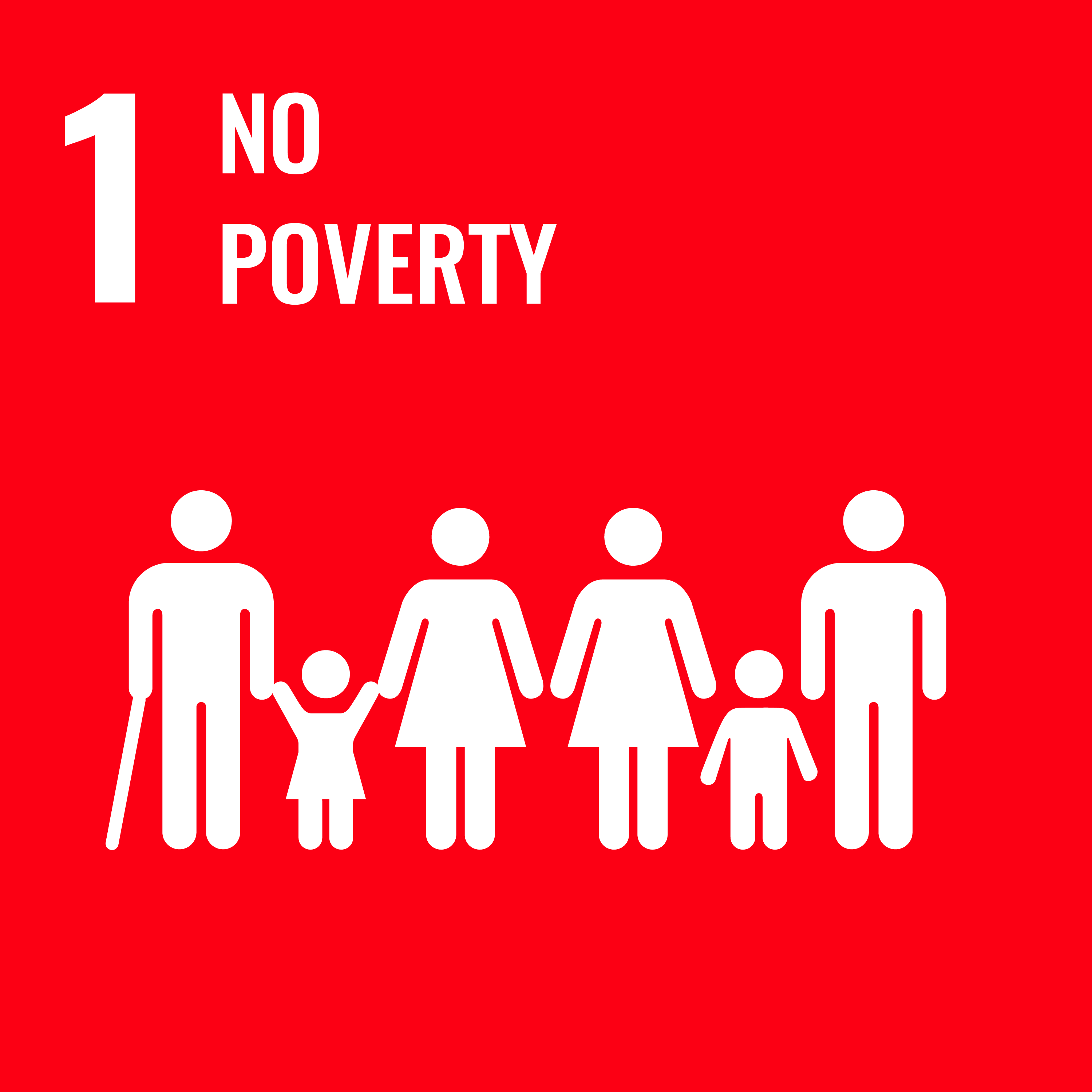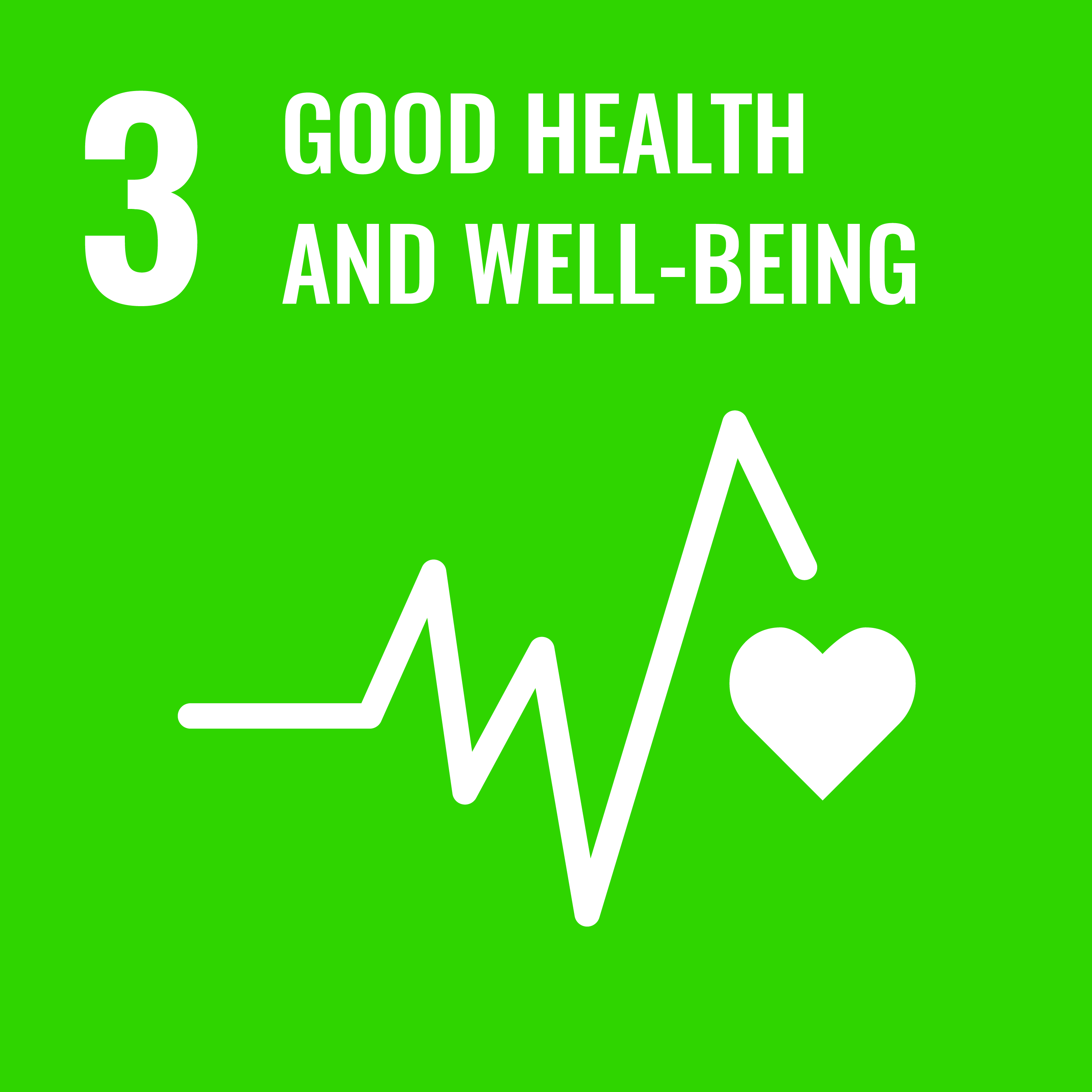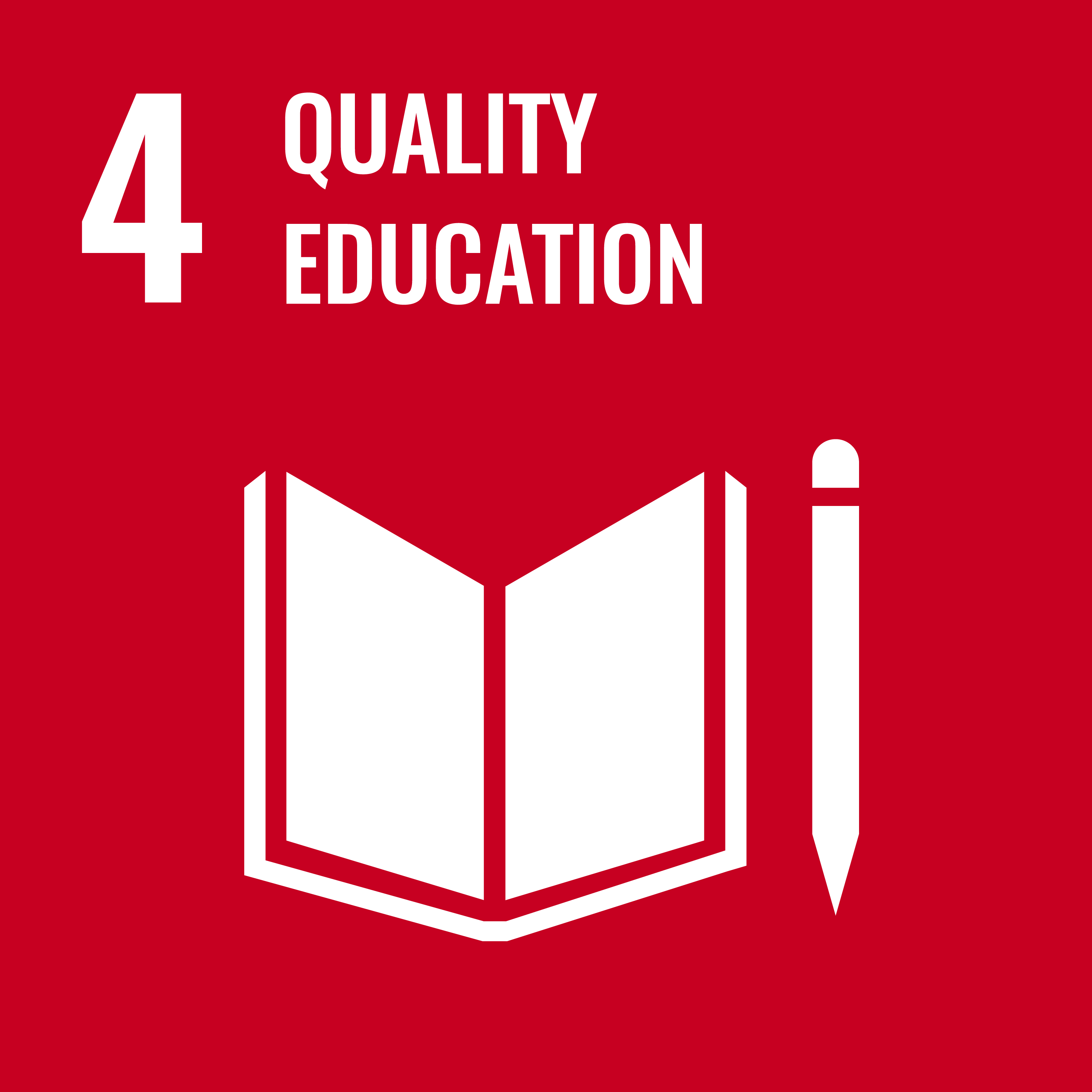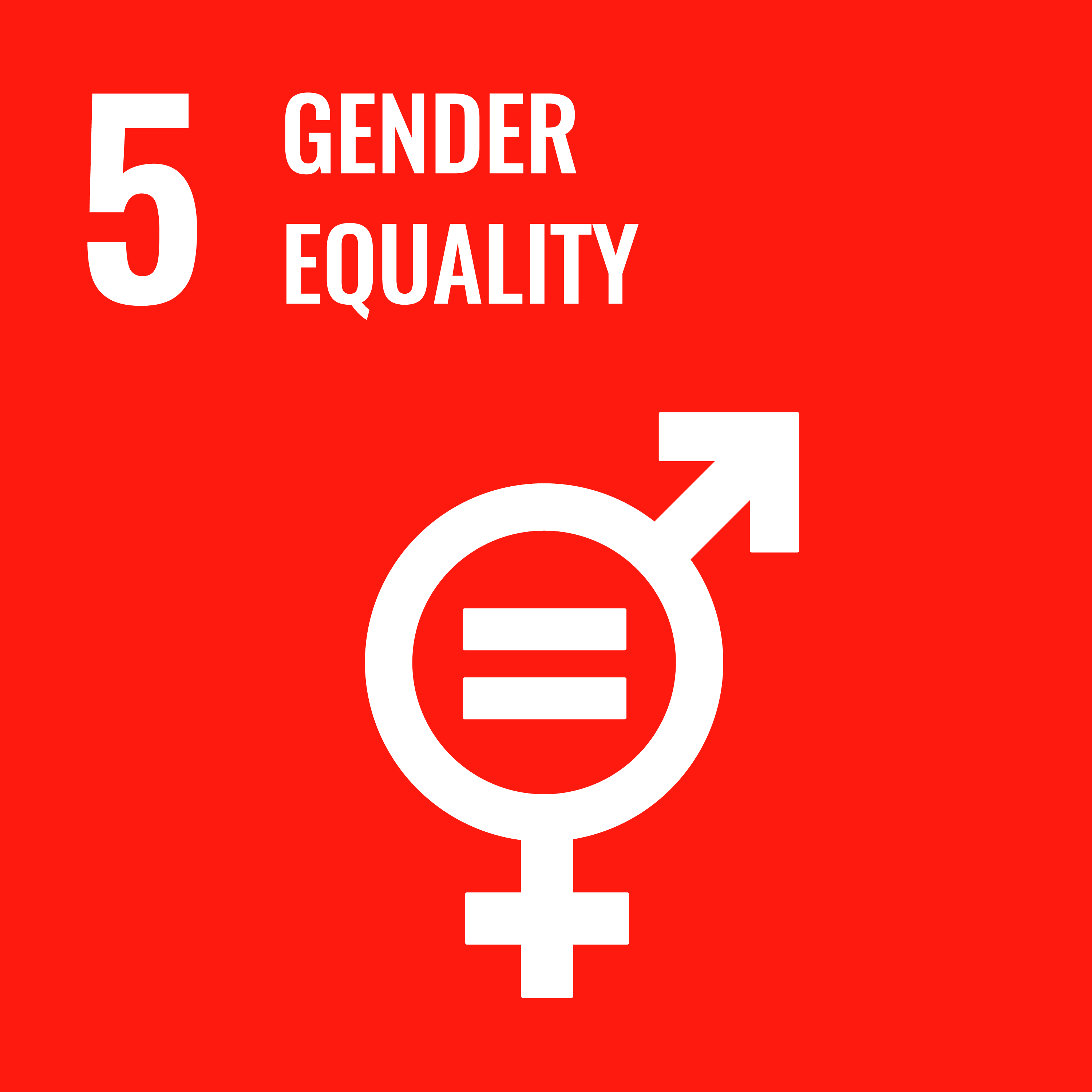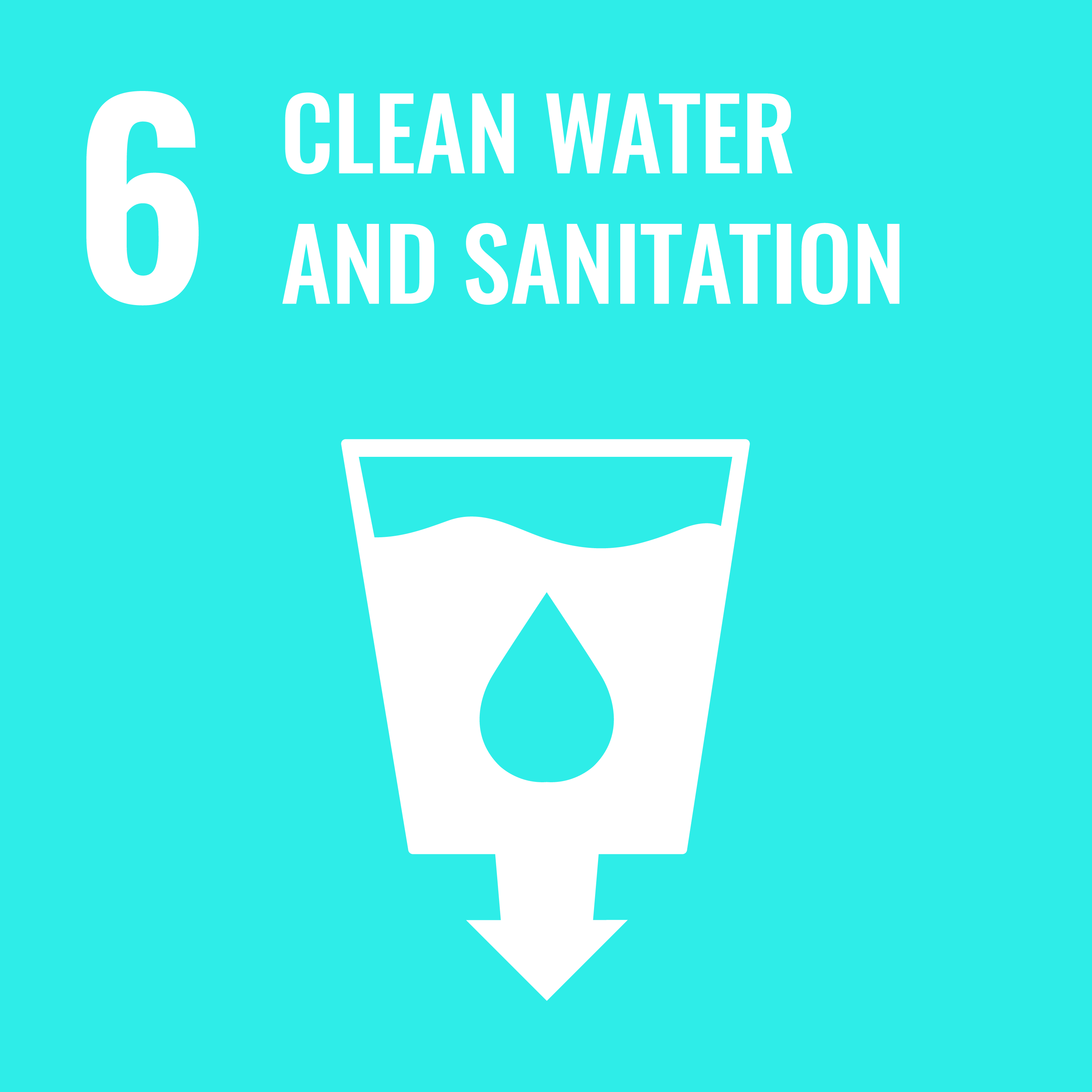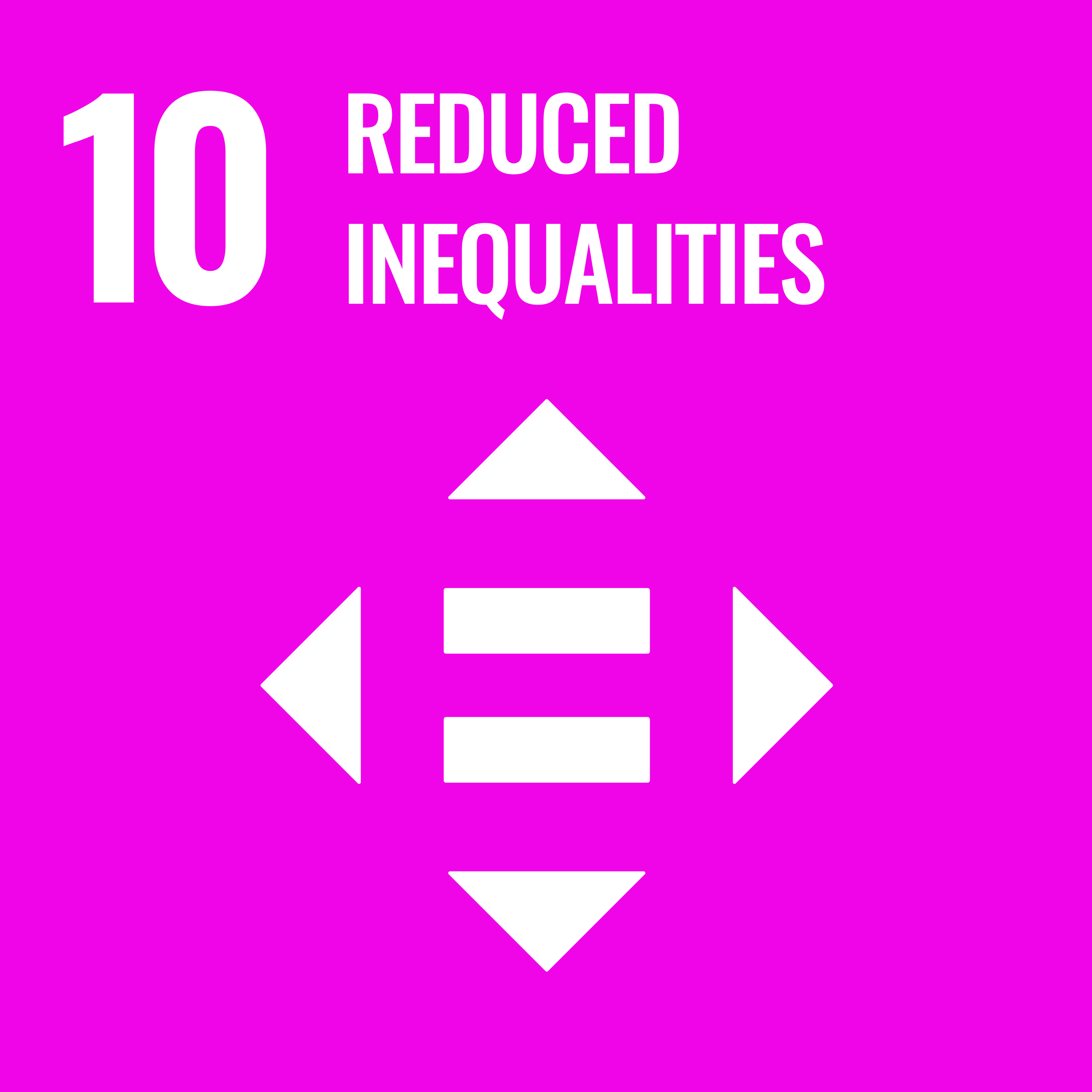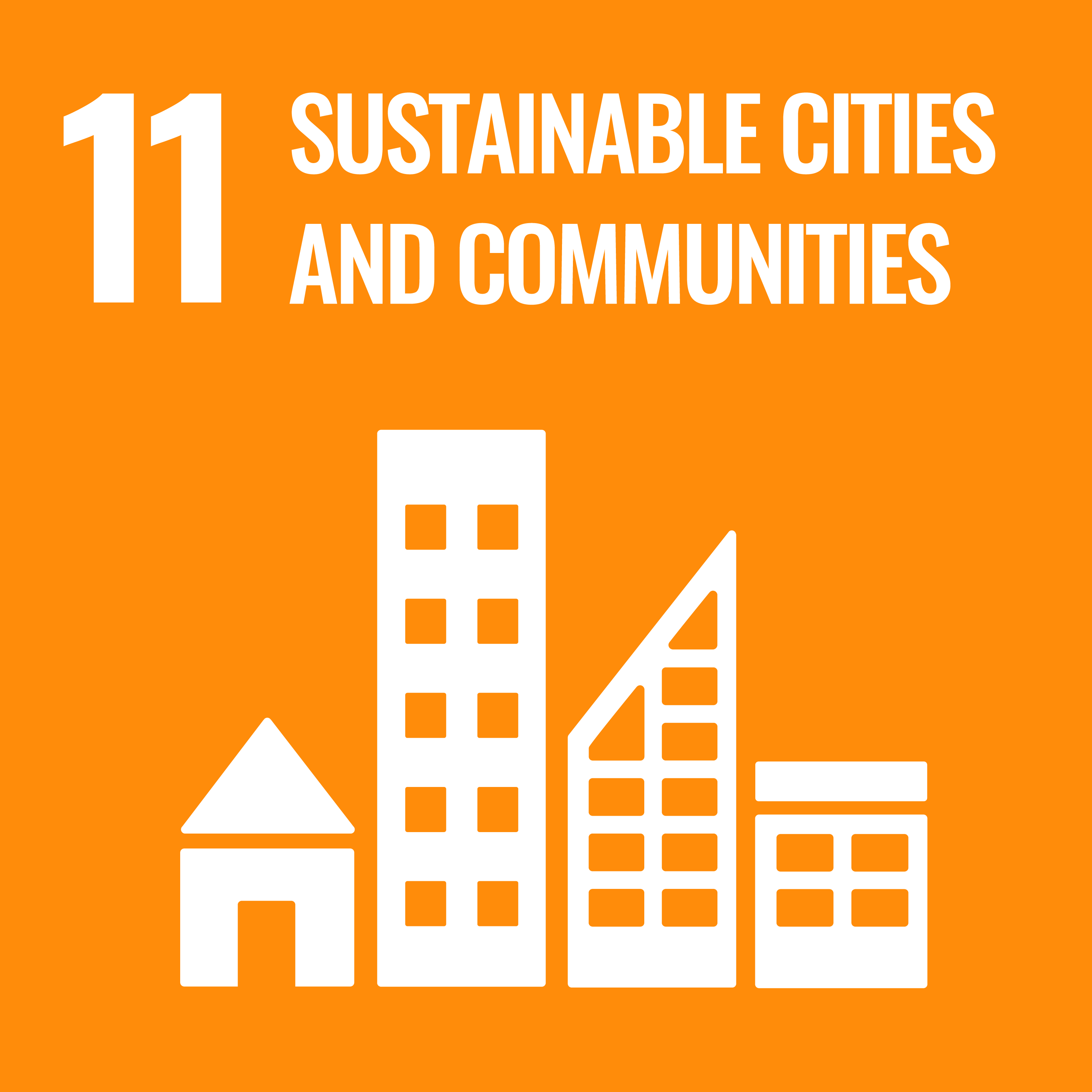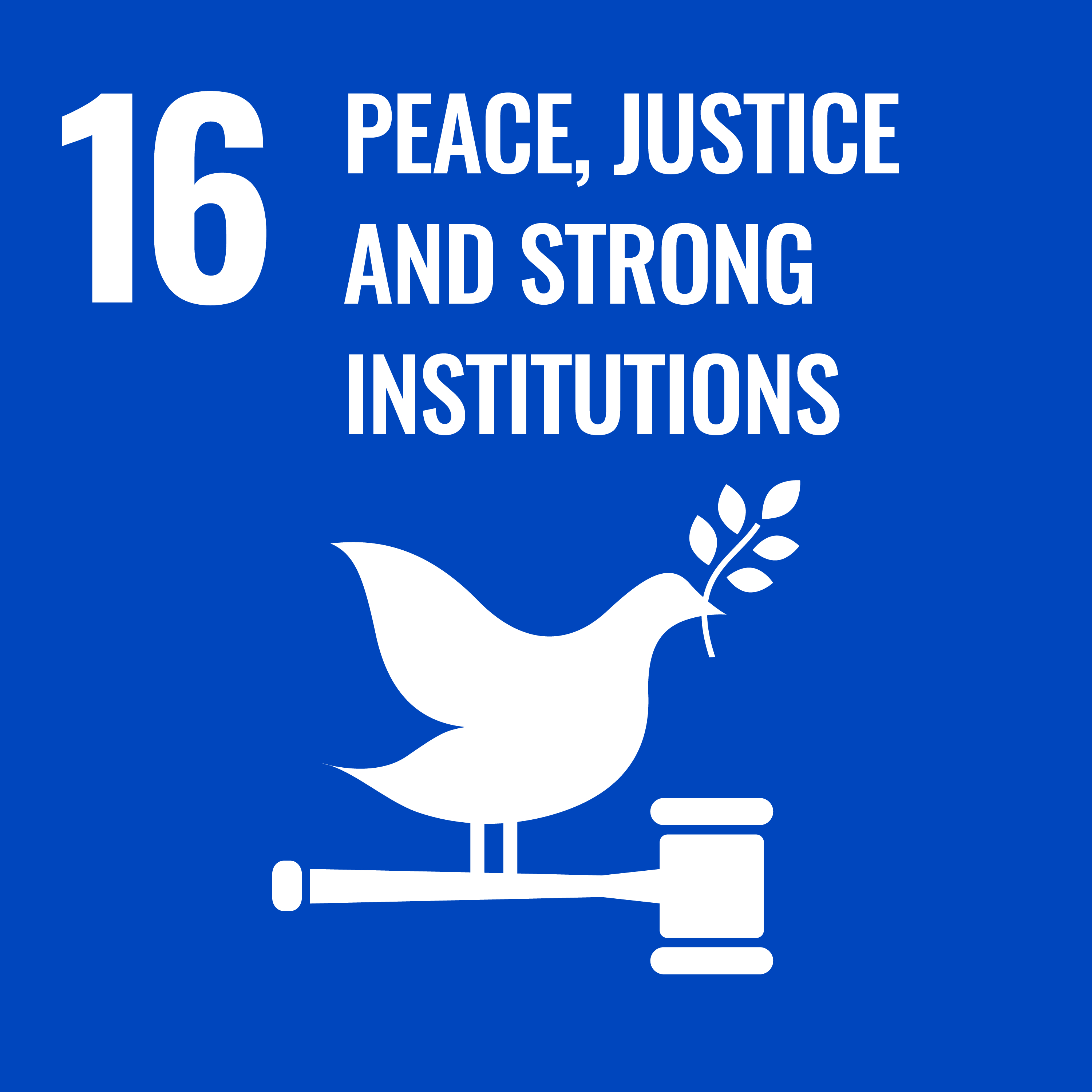Contributes to achieving SDGs
Key achievements
During the first year of its Strategic Plan 2022-2025, in collaboration with an expanded set of partners, UN Women worked to safeguard and advance the rights of women and girls across the humanitarian-development-peace nexus and achieved the following early results:
including survivors of violence and internally-displaced women and refugees, accessed information, goods, resources and/or services through UN Women supported platforms and programmes in relation to livelihoods, financial services, social protection and legal aid
UN Women expanded work on preventing and responding to sexual violence in public and/or private spaces, with 31 countries and territories focusing on new multi-stakeholder initiatives on sexual harassment and adaptations to urban settings in 18 countries and territories


